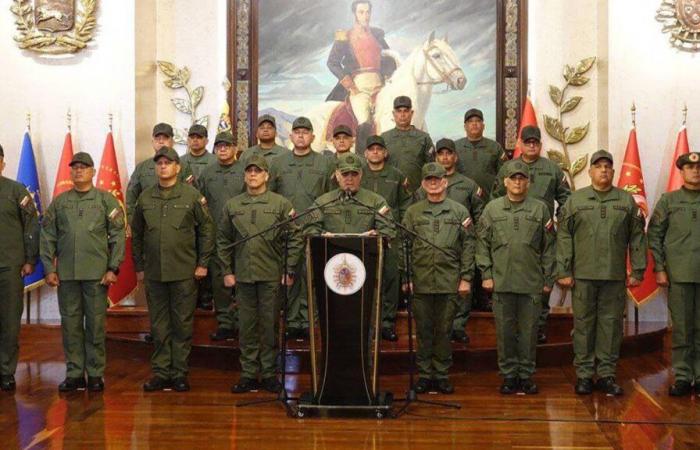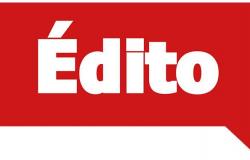The future of the country will be decided in the days to come
In power since 2013, socialist President Nicolas Maduro is engaged in a standoff with the opposition and part of the international community who are contesting his re-election. His victory was validated by the Supreme Court after he was proclaimed winner with 52% of the votes by the National Electoral Council (CNE).
The minutes of the polling stations were, however, not published, as required by law, officially due to computer hacking, considered not credible by many observers. The opposition, which published the minutes provided by its scrutineers, assures that its candidate Edmundo Gonzalez Urrutia, a 75-year-old former ambassador, obtained more than 67% of the votes.
“The whole world must know that on January 10 we will ratify the total commitment to Venezuelan democracy and recognize the citizen Nicolas Maduro as constitutional president (…) re-elected for the period from 2025 to 2031,” added General Padrino who had gave pledges of loyalty to President Maduro before and two days after the election.
“We all know who the president-elect is,” asserts the opposition
Caracas authorities also denounced US President Joe Biden’s support for Edmundo Gonzalez Urrutia. “It is grotesque that an outgoing government, such as that of Joe Biden, politically discredited and marked by a legacy of national and international failures, insists on supporting a violent project,” the Ministry of Foreign Affairs launched in a press release.
In an interview with AFP, opposition leader Maria Corina Machado, however, emphasized: “We all know who the president-elect is. The Venezuelans know it, the armed forces know it, Maduro knows it, the whole world knows it.”
She believes that “the regime has nothing left but fear” to stay in power, calling on the military to “put down their weapons”. She called Sunday for demonstrations on January 9, the day before the inauguration, promising to come out of hiding so as to “not miss this historic day.”
The armed forces in a position of strength
Designated successor to Hugo Chavez in 2013, President Nicolas Maduro, considered an insignificant trade unionist by his detractors, was able to stay in power by ruling the oil country with an iron fist. A former lieutenant colonel, Chavez had particularly pampered the army, entrusting it with key positions in administration and the economy, and granting the right to vote to the military in 1999.
President Maduro, who succeeded him, went further by allowing many officers to enrich themselves, according to the opposition and experts. In addition to weapons, the armed forces today control mining, oil and food distribution companies, as well as customs and 12 of the 34 ministries, including important portfolios such as Oil, Defense, Interior or Commerce
A January 10 that promises to be explosive
Edmundo Gonzalez Urrutia was able to go into exile in Spain in September. He is currently on a diplomatic tour. He was due to meet US President Joe Biden on Monday. On Sunday, he requested support from the army. “On January 10, by the sovereign will of the Venezuelan people, I must assume the role of commander in chief,” launched the opponent in a video posted on social networks. A few days earlier, he had announced his return to the country on January 10, the scheduled day of the inauguration of President Maduro for a third term (2025-2031).
“I will receive him with pleasure,” Interior Minister Diosdado Cabello, often considered the most powerful man in the country after Maduro, quipped Monday at a press conference. “Let Edmundo Gonzalez Urrutia know (…) if he sets foot in Venezuela, he will be arrested and judged,” he warned. Diosdado Cabello also estimated that Edmundo Gonzalez Urrutia’s call for support for the army had gone unanswered, assuring that “calm reigned in the barracks.” Security forces have been deployed massively in the streets since Sunday.






